
Understanding Functional Decline in the Natural Dying Process
Explore the journey of functional decline in the natural dying process. This article provides insight for caregivers and families, emphasizing the importance of documenting changes to enhance care and decision-making in life’s final chapter.
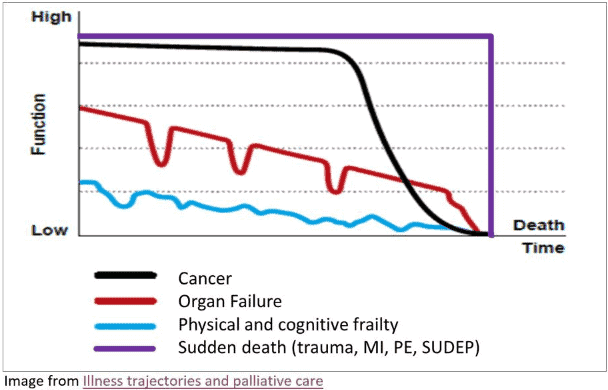
Understanding the Decline of Terminally Ill Loved Ones: Medications vs. Disease Processes
When a loved one is terminally ill, it can be a perplexing and emotional journey. Understanding the root cause of their declining health becomes paramount. It’s a complex puzzle where family members often grapple with questions: Are the symptoms a result of medications prescribed, or are they intrinsic to the terminal disease? This article delves into the critical distinctions between medication side effects and the natural progression of terminal illnesses, offering insights to empower families and caregivers in making informed decisions about their loved one’s care.
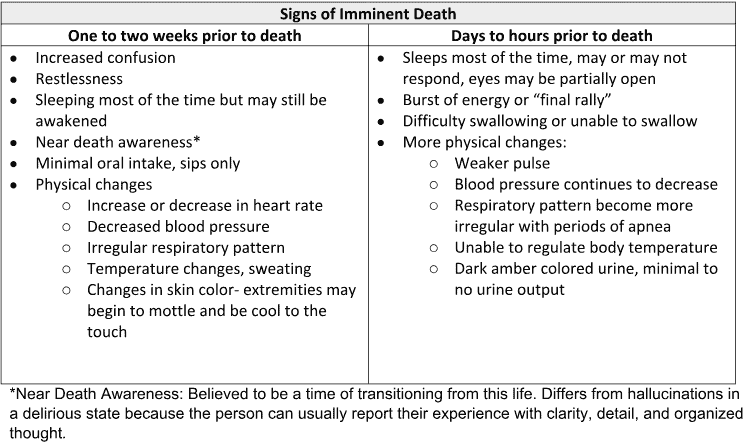
Trigger Words for Hospice Nurses: Assessing End-of-Life in Two Weeks or Less
Discover key indicators for end-of-life care in hospice. This guide highlights ‘trigger words’ that signal a patient’s final days, aiding nurses and caregivers in providing compassionate support during the most critical moments.
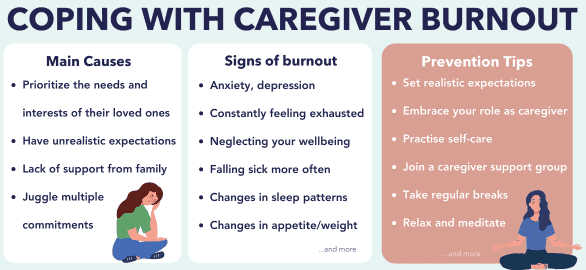
Understanding and Avoiding Caregiver Burnout when Caring for a Loved One with Dementia
Caring for a loved one with dementia can be a rewarding experience, but it can also be physically, emotionally, and mentally exhausting. Family caregivers often neglect their own well-being while focusing on the needs of their loved ones, leading to burnout. Caregiver burnout is a state of physical, emotional, and mental exhaustion that can happen when caregivers don’t get the help they need or try to do more than they are able to do. In this article, we will discuss how family caregivers of a loved one with dementia can avoid burnout and recover if they are already experiencing burnout.

Caring for a Loved One with a History of Diverticulitis
Caring for a loved one with a history of diverticulitis requires a combination of preventive measures, early detection of warning signs, and understanding the common signs and symptoms of this condition. Your role as a caregiver is crucial in providing support and assistance to ensure their well-being. In this comprehensive guide, we will explore essential aspects of caring for someone with diverticulitis, including prevention, early warning signs, and treatment options.

Unlocking the Power of Validation Therapy in Compassionate End-of-Life Care
In the realm of hospice care, where empathy and compassion are paramount, a remarkable approach called Validation Therapy has emerged as a beacon of hope and comfort for individuals facing dementia and cognitive disorders in their final journey. As an experienced hospice registered nurse case manager, I’ve witnessed the transformative impact of Validation Therapy on patients, allowing them to find solace, regain their self-worth, and experience a sense of dignity during their end-of-life phase.

Understanding and Addressing a Terminally Ill Patient’s Fear of Impending Doom
I understand how challenging it can be for terminally ill patients to cope with their fear of impending death. It is crucial for both healthcare providers and family members to take these feelings seriously and respond with compassion and understanding. In this article, we will explore the importance of acknowledging a patient’s fear of impending doom and discuss actions that families can take to provide peace and comfort during this grim time.

Promoting Meaningful Relationships with Dementia Patients through Validation Therapy
Caring for individuals with dementia can be both challenging and rewarding. One approach that has gained recognition for promoting meaningful relationships with dementia patients is Validation Therapy, developed by Naomi Feil. This article will explore how Validation Therapy works, why it does not involve telling a single lie, and why honesty is crucial when dealing with dementia patients.
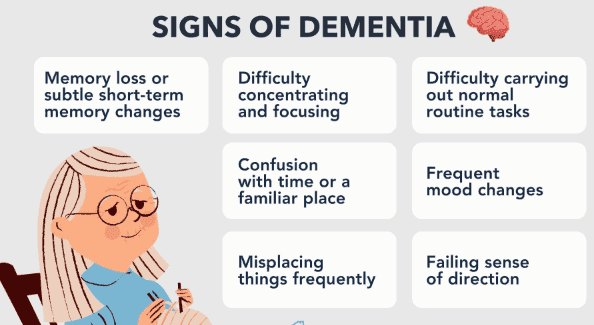
Recognizing Signs of Dementia in Your Loved One
Dementia is a condition that affects cognitive abilities such as thinking, remembering, and reasoning. It is crucial to recognize the signs and symptoms of dementia early to provide proper support. This article will help you understand the common signs and symptoms of dementia and steps you can take to address them.
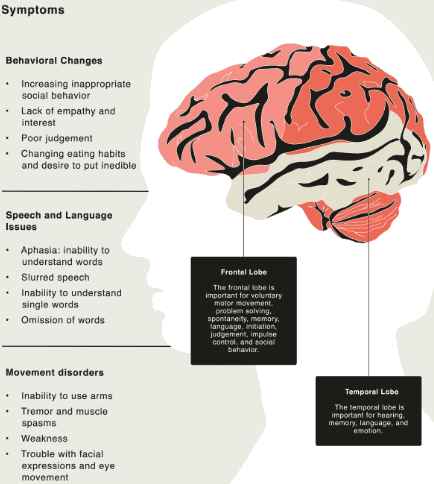
Frontal Lobe Dementia: Understanding and Caring for Your Loved One
Facing a loved one’s diagnosis of frontal lobe dementia can be overwhelming and challenging. This article aims to provide families with essential information about frontal lobe dementia, its progression, changes they might observe in their loved one, and best practices for caregiving from onset until the end of life.

Understanding Discomfort: Distinguishing it from Pain While Caring for Your Terminally Ill Loved One
Caring for a terminally ill loved one is a profound and challenging journey that requires compassion, understanding, and a willingness to alleviate any discomfort they may experience. In this guide, we will explore the concept of discomfort, its distinction from pain, and the importance of recognizing and addressing discomfort in addition to pain. You’ll be better equipped to provide holistic care that enhances your loved one’s quality of life during this sensitive time.
Throughout your loved one’s illness, you might find yourself thinking that they don’t require “pain medication” because they don’t seem to be in pain. They might even respond with a direct “no” when asked about their pain. However, are you aware that most types of pain medication can alleviate discomfort? Did you also know that your loved one could be feeling uncomfortable without necessarily being in severe pain? Nonetheless, it’s important to recognize that their discomfort requires the same treatment as if they were in pain.

Advocating for Your Terminally Ill Loved One in a Facility
As a family member of a terminally ill loved one receiving care in a facility, you play a vital role in ensuring they receive the best possible care and support during their journey towards a good death. Advocating for your loved one involves understanding their needs, communicating effectively with the facility staff, and staying informed about their care plan. This article aims to guide you on being an effective advocate, asking the right questions, and ensuring your loved one’s comfort and well-being.
